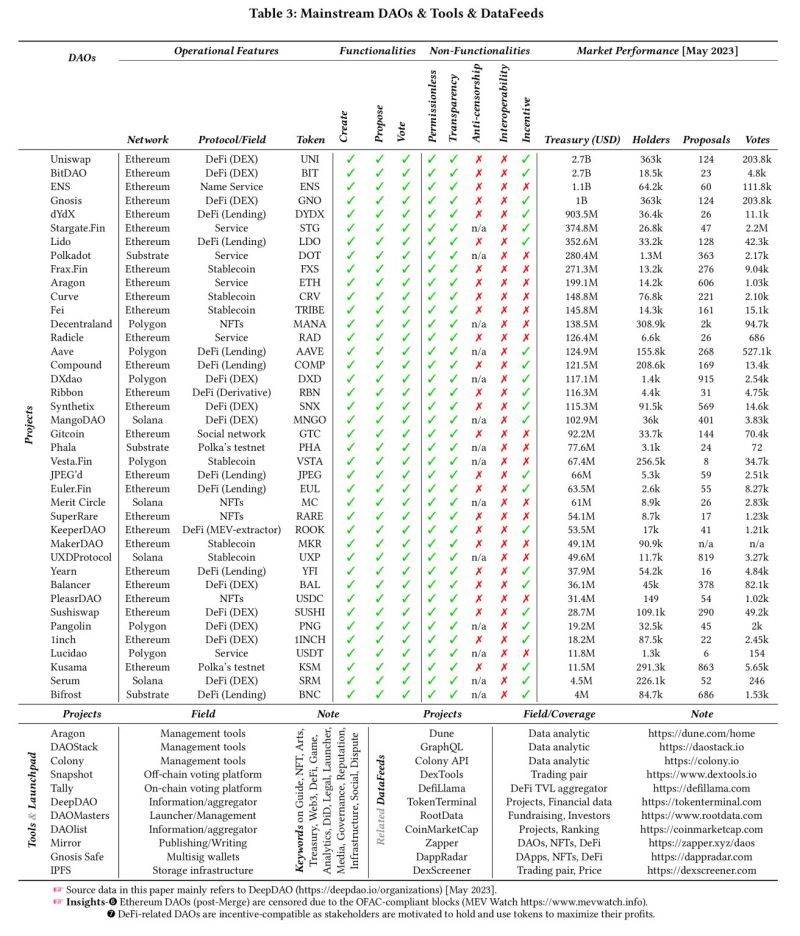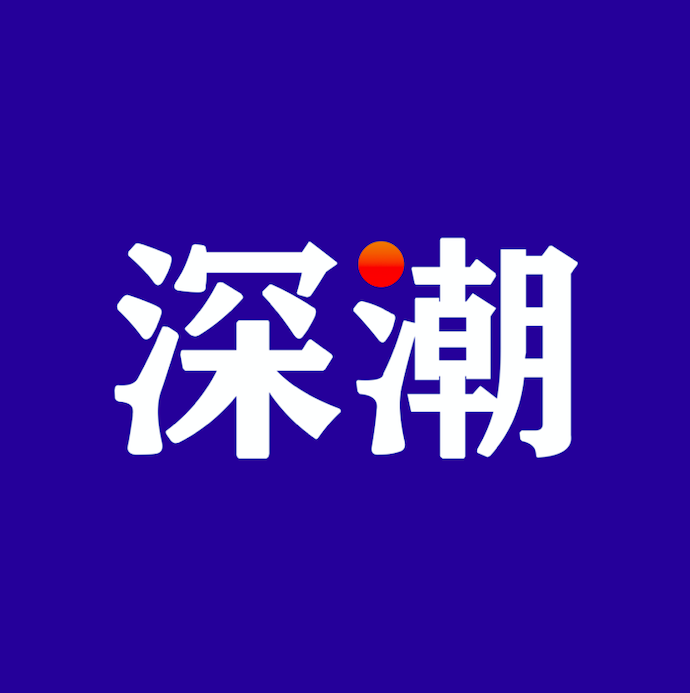Original author: arndxt
Original translation: TechFlow
Over 581 DAO projects, 16,246 proposals analyzed over 5 years.
This paper on DAOs covers all projects using a DAO/governance platform called Snapshot, covering over 95% of actual DAO projects in existence (over 11,000 spaces).
In this DAO dilemma , I found 4 key points.
The Centralization Paradox
The data depicts an impressive growth trend - 581 DAOs, over 16,000 proposals, over 5 years. Membership distribution follows the Pareto principle.
A small number of members hold most of the power.
I wonder: are we just reshaping traditional power structures on the blockchain? The Gini coefficient of token distribution within DAOs would be an important indicator.
Technology time bomb
The lack of IPFS upgrades worries me. This is a classic technical liability that could break down as the DAO scales. We’re talking about potential data loss, skyrocketing storage costs, and reduced efficiency.
Here’s a thought experiment: what happens when a critical proposal’s data becomes unavailable due to an outdated IPFS link? The consequences could be severe.
The tug-of-war between democracy and efficiency
The research shows a variety of voting scenarios — from budgets to hiring decisions. This is democracy in action. However, I see two huge warning signs:
a) Voter apathy: Turnout for many decisions is low.
b) Token-based voting: A few large players can manipulate the entire ecosystem.
This creates a governance paradox. On the one hand, we have the vision of decentralized decision-making. On the other hand, we face the harsh reality of centralization and community alienation.
Token Dilemma
This is where things get really interesting. Most DAOs use self-issued tokens, rather than mainstream cryptocurrencies like USDT or ETH. This raises deep questions about incentive structures and long-term viability.
Are we witnessing the birth of a strong governance system, or just a sophisticated token manipulation scheme? The pessimist in me leans towards the latter, but I am willing to take the challenge.
The way forward
Despite these challenges, I remain cautiously optimistic about DAOs.
I think the following points need to be taken:
Implement square voting or other mechanisms to balance power.
Prioritize upgrading technology infrastructure, especially in data storage.
Develop more effective incentives for sustained participation in governance.
Encourage the use of more stable value tokens for governance.
This research reinforces my belief that we are at an important moment for DAOs. The promise of decentralized governance is huge, but the obstacles are equally significant.
What do you think?
Are DAOs the future of organizations, or are we witnessing a grand experiment destined to recreate the system it seeks to replace?











